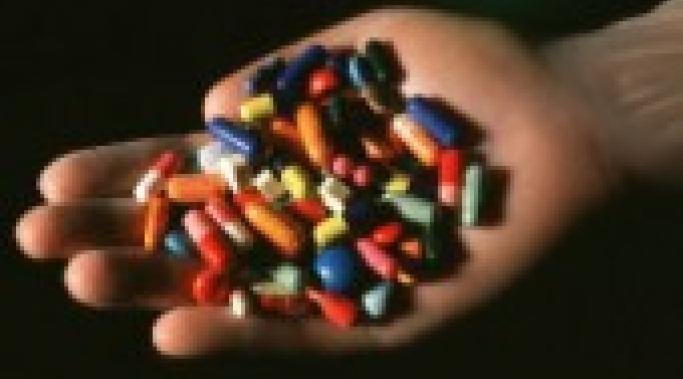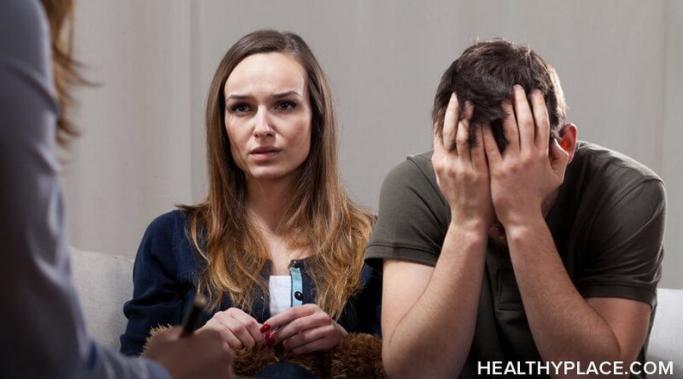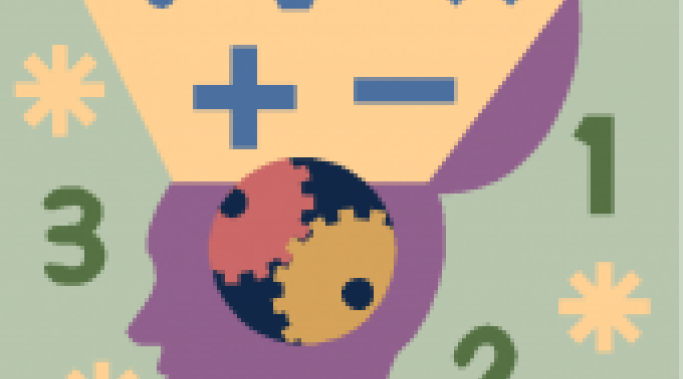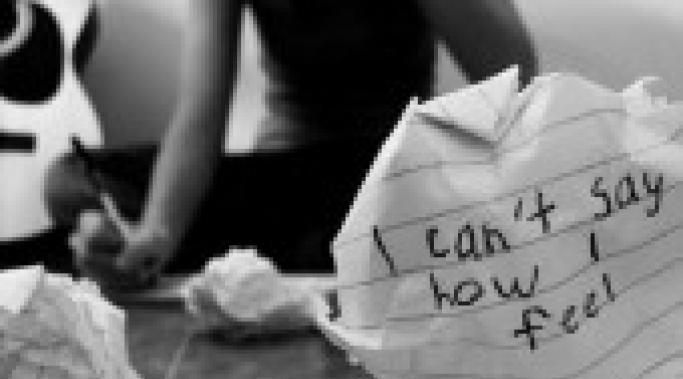No kidding! I am telling you what you already know. I might be telling you how you felt when you opened your eyes this morning. But let's start at the beginning. Let's recall, and sorry to drag you back to this time, the first time you were diagnosed with a mental illness.
The Diagnosis
"Natalie, you have bipolar disorder."
A whopping twelve years old when these words were thrown on the table. My reaction? How exhausting! The years before the diagnosis? Bloody exhausting!
Next: A small amount of relief. Above all, I was sick and tired of being sick and tired but my life wasn't about to get any easier, no, it was time to try on medication's, fingers crossed they worked, and then fall, defeated, beaten, when they did not.
But this isn't my story. It's probably yours as well. Or, it's the story of someone you love. It hurts to watch them suffer.
Side-Effects, Complications, From Medication
Recovering from mental illness involves medication and medication is exhausting.
Medication and Treatment
Because I was diagnosed with bipolar disorder at a very young age, a whopping twelve years old, I have a hard time remembering a life before the diagnosis—before I was told, “Natalie, you have Bipolar Disorder.” The only thing I understood was that I missed the Halloween dance at school; that I was sick and tired of being sick and tired.
But I remember being a little girl. A little girl who did not take medication. I remember long nights when I could not sleep; even longer days when I was crazed and manic. I recall my mother’s eyes, frightened, and my father's hands hugging me, telling me to calm down. That I would be okay. I can visualize in flashes my siblings; younger than I. Talking to them from the hospital.
But it ends there. Life after the diagnosis has captured the rest of my life. At the age of twenty-six, the word ‘after’ lingers.
The topic for this blog came from a phone conversation with someone in-my-circle-of-people-I-appreciate-and-trust. That's a mouthful. In other words: I have a difficult time trusting people. And this person, whom I have known for a verrrry long time (who I love very much), called me one the morning. As she usually does. Without hesitation.
So, What Happened?
"I'm not sick anymore!" Sound familiar? It does for many people who struggle with mental illness, particularly chronic mental illness, but also addiction and alcoholism. It's important to mention that this feeling is not exclusive to these diseases but for the purpose of this blog let's focus on them.
Have you ever watched television, absentmindedly, and are shaken awake by the statement: "One in four people will suffer from a mental illness at some point in their lives." Great. My first instinct? Well, I feel less alone.
The Mathematics of Mental Illness
This topic is close to my heart...or, rather, high on my level of irritation. Diagnosed with bipolar disorder at the age of twelve, I have seen my share of psychiatrists, psychologists, social workers---I am missing a few people, er, professionals. The list is extensive. Some of us are blessed to be working with a wonderful mental health team right of the bat.
Diagnosed with a mental illness? This is your new psychiatrist, he or she will make you well, provided you put the work in! My experience has been quite the opposite--a bit more complicated.
Contradictions in Diagnosis
It would be lovely if the diagnosis of mental illness came with a prescription for recovery that was given to all of us. Diagnosed with bipolar disorder? take this pill, you will be fine. You will be recovered! That would be nice, perfect, what a fantastic dream! Then you wake up. You take your medication. That's the reality.
Recovery is different for all of this: treatment is never the same. Some of us, once diagnosed and treated, experience no symptoms of all. On the flip side, some of us struggle on a day to day basis.
I usually choose a specific topic for these blogs and work to describe the importance of managing and accepting mental illness. Last week, I wrote a blog focusing on recovering from and recognizing depression. This week, based on my life currently, I want to talk about stress and the impact it has on those who live with mental illness. I am really struggling with this right now.
Depression. I hate the word. Also, not in my repertoire of lovely words: consistent low mood. melancholy, apathetic, stuck, frightened, darkness, sadness. Lovely words, perhaps a thesaurus would give me two hundred more. But that is not the topic of this blog.
Defining Depression
Your psychiatrist can define depression, but in a clinical way. The language used cannot describe how a depressed person feels. Instead, person must exhibit specific symptoms: change in sleep patters, appetite, a lack of interest in previously enjoyed activities, isolation, sadness. When I tell my psychiatrist I am depressed she asks me how I feel. Often, if you are experiencing depression, it is hard to articulate your feelings. Sometimes, I tell her I do not know how I feel. I feel sad. I don't think I felt this way a couple months ago. But it's confusing. Working to compare how you felt before you started to feel down.
It seems unfair, to say the least, that when we are trying to recover from mental illness, our body can become ill as well. For a long time, I did not connect physical illness to mental illness. I believed the body and mind were separate.
I often found myself in my doctor's office. I told him I had migraines on a daily basis. He asked me if this had always been the case, and I told him no, just every few months. I get hit with serious sinus infections a few times a year, and curse my immune system. I am doing everything I should: eating healthy, exercising, taking my medication, and some vitamin's throw in for fun.
It took a long time to put the pieces together: mental illness causes unwanted physical symptoms, and not symptoms exclusively from psychiatric medication.









